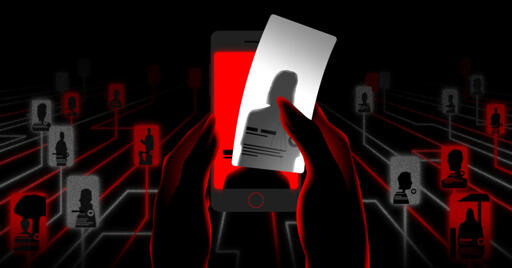Very disappointing that Match Group, being effectively a monopoly, doesn’t give us the one benefit we would get from it being a monopoly: industry-wide bans.
Normally, you’d need a whole bunch of companies to agree on a universal standard for communicating bans between each other and agreements to stick to it (similar to standards like USB) but here they could just do it. They even collect the information, they just don’t act on it.
I see reports that they actually do industry-wide bans so if you’re banned on one app they run, you’re banned on all the others. Ban evaders often also have to get new phones and use brand new pictures for those profiles if they want to get back on, say, Tinder. Some of the information in the article about how easy it is to evade a ban here seems pretty outdated if not outright deceptive.
Imagine being a director at this company. One of your employees brings you a report showing that your most active users, who are the backbone of your business, have a huge overlap with rape reports. This will destroy the company, and you know they’ll fire you for bringing it up and suppress it anyway. So you just… forget… to bring it up at the next quarterly. You used to work at Uber, and before that covering up how gambling and gaming companies float on a raft made of addicts, so this is well practiced blindness.
How the heck did a man get dates with 15 women over the span of 2 months on dating apps
I wonder at what point the line is crossed between “some people have claimed something” and “enough people have made reports that we can reasonably assume that this person is dangerous and we should probably contact local authorities”. I also wonder if the content in dating app reports tends to have the level of detail needed to begin a criminal investigation.





